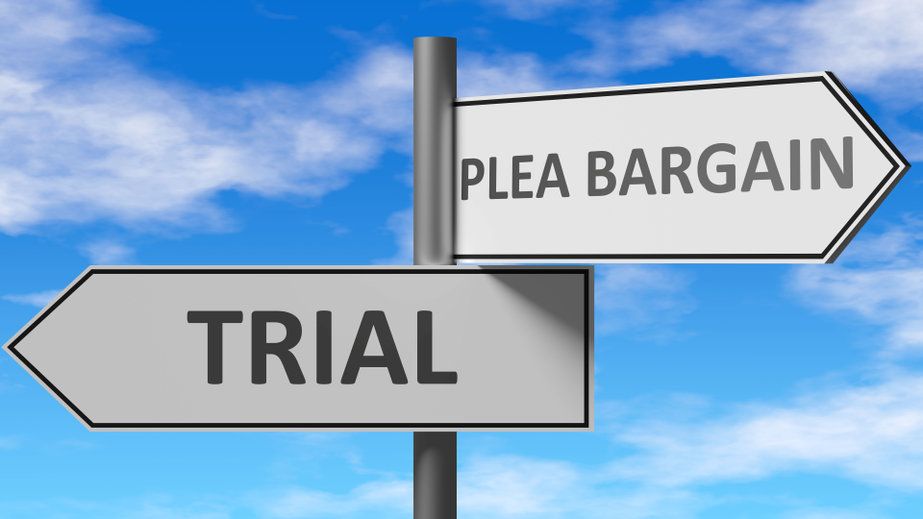
Plea Bargain FAQs | Wisconsin Plea Deals
9 FAQs Answered About Wisconsin Plea Bargains
Anyone who watches legal shows on television has heard the term plea bargain. These “deals” are used widely in fictional entertainment settings, but they are real, legal strategies that are used throughout Wisconsin to close cases. Below, we answer nine common questions about plea deals.
- What are plea bargains? Plea bargains, also referred to as plea deals or plea agreements, are contracts between criminal defendants and local prosecutors. In the deals, defendants agree to plead guilty to specific charges in exchange for something from the prosecutor. They are often used in felony cases.
- What kind of “deals” can prosecutors offer?
- Recommend leniency in sentencing or suggest an alternative arrangement to the court, such as probation or community service
- Drop certain charges or not bring additional charges
- Not file certain documents that would affect sentencing
- Inform the court of your cooperation, character, and other positive behavior throughout the process
- Is everyone entitled to a plea bargain? No. No one has a legal right to receive a plea deal. They are decided on a case-by-case basis in consultation between the prosecution and the defendant’s attorney. Criminal defense attorneys in Wisconsin may suggest a deal be made and negotiate the terms on behalf of their client.
- Is a plea deal always a good idea? Not necessarily. Defendants who have a strong defense may be better off fighting the charges than accepting the deal on offer. You should always consult a criminal defense attorney when presented with a plea deal to help determine if it is in your best interests to accept it or not.
- If I accept the offer, am I guaranteed the recommended sentence? No. These agreements exist between the defendant and the prosecutor, not the judge. The judge may take the agreement into consideration when sentencing, but they are not required to adhere to it.
- How involved are judges in plea deals? Judges must accept your guilty plea before a plea deal goes into effect but they must speak with defendants beforehand to make sure they understand the charges against them, the potential penalties, and have voluntarily agreed to plead guilty. Judges also have a duty to ensure the defendant committed the crimes on which they are charged.
- Can I withdraw my guilty plea after it has been accepted? This is allowed only under certain conditions. You cannot withdraw your plea just because you changed your mind or received a harsher sentence than anticipated.
- Can the deal be used to prove my guilt if I change my mind and withdraw my plea? No. Under Wisconsin law, guilty pleas cannot be used against the defendant. The case proceeds as if the defendant pled not guilty.
- Should I hire a criminal defense attorney to negotiate for me? Yes, particularly if the attorney is an experienced plea negotiator. Having a qualified and knowledgeable criminal defense attorney advocating for you and reviewing any deal on offer can help ensure the best possible outcome for your case.
Consult Eisenberg Law Offices for Plea Bargain Representation
If you have been presented with a plea deal in Wisconsin, contact the criminal defense attorneys at Eisenberg Law Offices for advice and representation. We can review the deal and explain it to you, negotiate a plea on your behalf, or represent your case in court.
Discuss your situation in a private case consultation by calling 608-256-8356 or emailing info@eisenberglaw.org.







